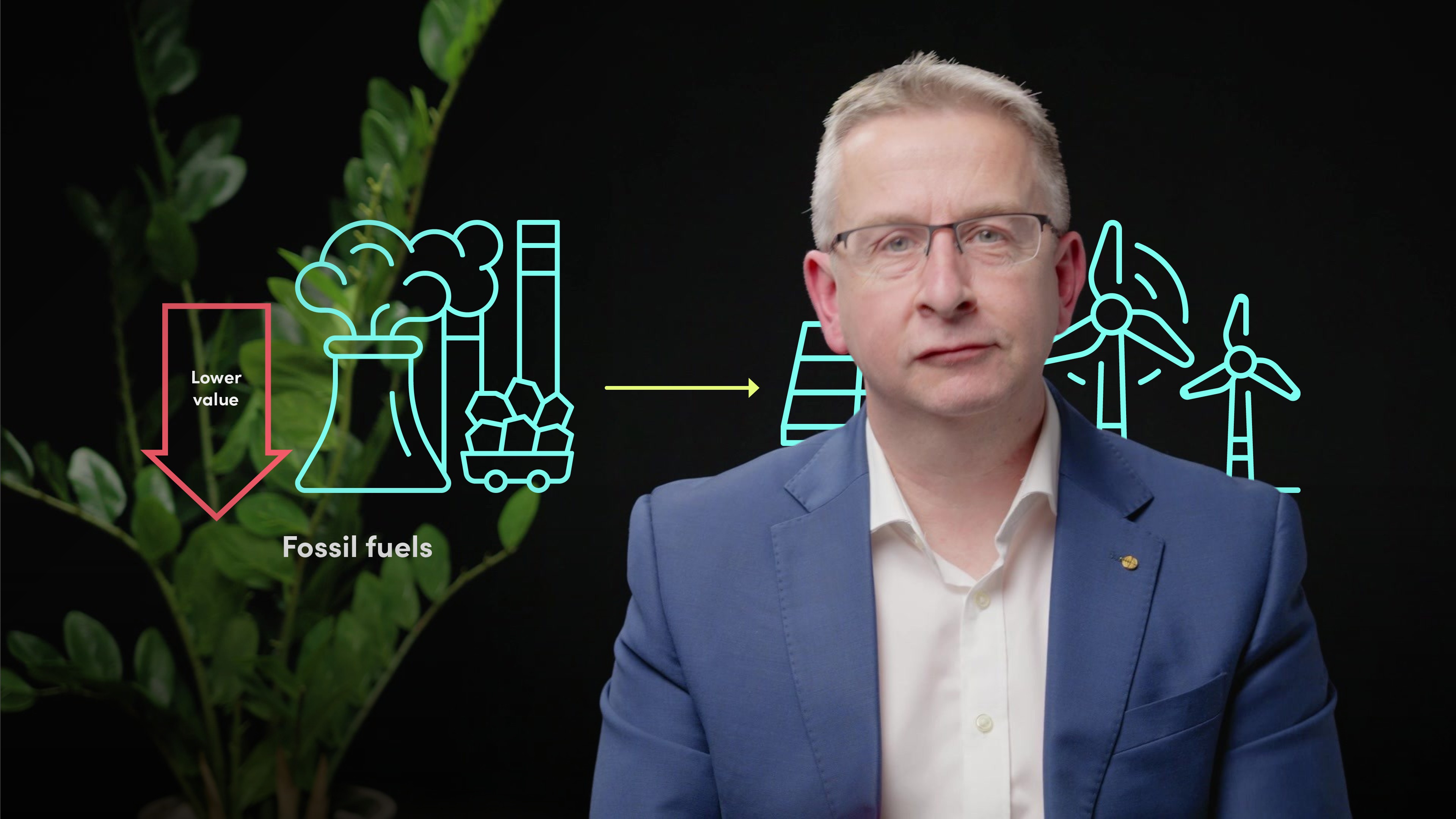
Climate Risk Management I

Simon Thompson
Managing Director and Author
Climate-related risks are the key risk faced by business, finance and society over the next 10 years. In this video, Simon focuses on the risks and how to identify and manage them.
Climate-related risks are the key risk faced by business, finance and society over the next 10 years. In this video, Simon focuses on the risks and how to identify and manage them.
Subscribe to watch
Access this and all of the content on our platform by signing up for a 7-day free trial.

Climate Risk Management I
11 mins 25 secs
Key learning objectives:
Understand the impact climate risks pose on financial institutions and the economy as a whole
Outline the types of climate-related risks
Outline the TCFD framework
Overview:
The 2023 World Economic Forum (WEF) Global Risks Report ranks climate change as the key risk for business and society in the next decade. Extreme weather and biodiversity loss are also top risks. Climate-related financial risks have been apparent for years, with 2021 being the second-costliest year for insured losses from natural disasters. Climate risks impact business, the environment, the economy, and financial institutions. The Taskforce for Climate-related Financial Disclosures (TCFD) framework addresses climate-related risks. TCFD recommendations are gaining support and becoming mandatory in many jurisdictions. Climate risks include physical and transition risks, with future scenarios likely to combine both.
Subscribe to watch
Access this and all of the content on our platform by signing up for a 7-day free trial.
What are climate-related risks and what impact do they pose on financial institutions and the economy?
Climate-related risks encompass the risks posed by climate change, including extreme weather events and biodiversity loss. These risks are ranked as the key risks for businesses and society in the next decade. Financial institutions face exposure to these risks through lending, investment, and insurance activities. Climate change intensifies the frequency and severity of these risks, impacting the economy, environment, and society. They are not just standalone risks but also cross-cutting risks, affecting various aspects of financial institutions' operations. Currently, many climate-related risks are poorly understood and underestimated, leading to overexposure in the financial system. However, they also present opportunities for investors and lenders in green infrastructure, clean transport, and climate change mitigation technologies.
What are the types of climate-related risks?
Climate-related risks can be divided into two main categories: physical risks and transition risks. Physical risks result from the direct impact of climate-related hazards like floods, storms, and droughts, causing economic damage, supply chain disruptions, and increased cleanup costs. Transition risks arise from the shift to a low-carbon economy, leading to losses in economic value due to impaired or stranded assets. The TCFD divides transition risks into four categories: changes in climate policy, new technologies, shifts in consumer behaviour and investor sentiment, and reputational risks. Legal or liability risks also arise from climate change effects and seek compensation for loss or damage. Future scenarios will likely involve increased physical and transition risks, impacting financial institutions and the economy.
What is the TCFD and its recommendations?
The Task Force on Climate-related Financial Disclosures (TCFD) was established in 2015 to develop voluntary climate-related financial risk disclosures for companies. The TCFD's recommended framework, published in 2017, emphasises the important role of financial institutions in influencing organisations they invest in or lend to, to provide better climate-related financial disclosures. The framework includes four key thematic areas: governance, strategy, risk management, and metrics and targets, each with recommended disclosures.
The TCFD's proposals have received strong support from central banks, financial regulators, and policymakers, however, they are voluntary. While the voluntary nature of TCFD has been criticised, mandatory TCFD-aligned reporting is being implemented in several jurisdictions, increasing coverage and improving the measurement and reporting of climate-related risks.
Subscribe to watch
Access this and all of the content on our platform by signing up for a 7-day free trial.

Simon Thompson
There are no available Videos from "Simon Thompson"





























